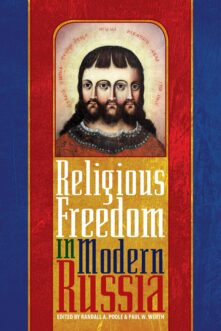Books

Entangled Far Rights
A Russian-European Intellectual Romance in the Twentieth Century
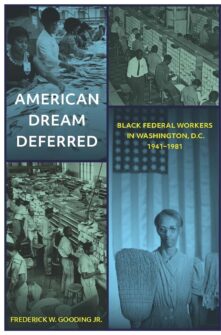
American Dream Deferred
Black Federal Workers in Washington, D.C., 1941–1981
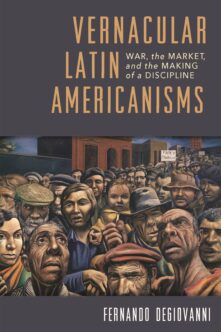
Vernacular Latin Americanisms
War, the Market, and the Making of a Discipline
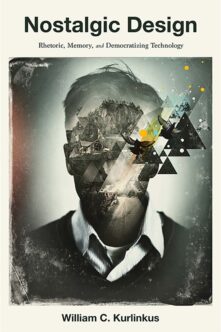
Nostalgic Design
Rhetoric, Memory, and Democratizing Technology
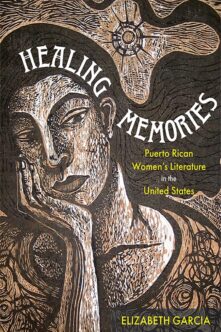
Healing Memories
Puerto Rican Women’s Literature in the United States

Intermittences
Memory, Justice, and the Poetics of the Visible in Uruguay
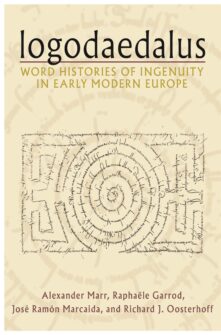
Logodaedalus
Word Histories of Ingenuity in Early Modern Europe
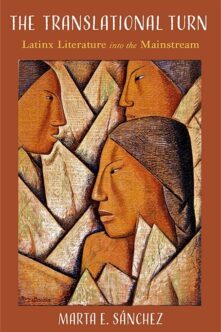
A Translational Turn
Latinx Literature into the Mainstream
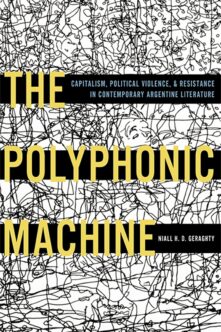
The Polyphonic Machine
Capitalism, Political Violence, and Resistance in Contemporary Argentine Literature
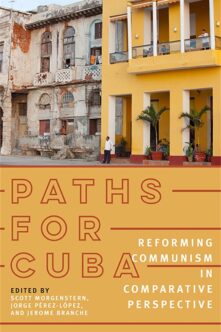
Paths for Cuba
Reforming Communism in Comparative Perspective
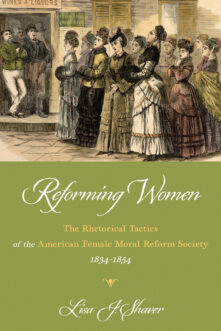
Reforming Women
The Rhetorical Tactics of the American Female Moral Reform Society, 1834-1854

On the End of Privacy
Dissolving Boundaries in a Screen-Centric World

Foundations of a Free Society
Reflections on Ayn Rand's Political Philosophy
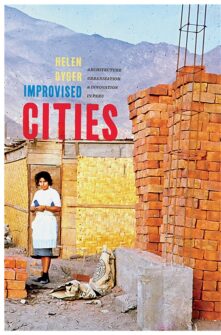
Improvised Cities
Architecture, Urbanization, and Innovation in Peru
Total 1559 results found.


